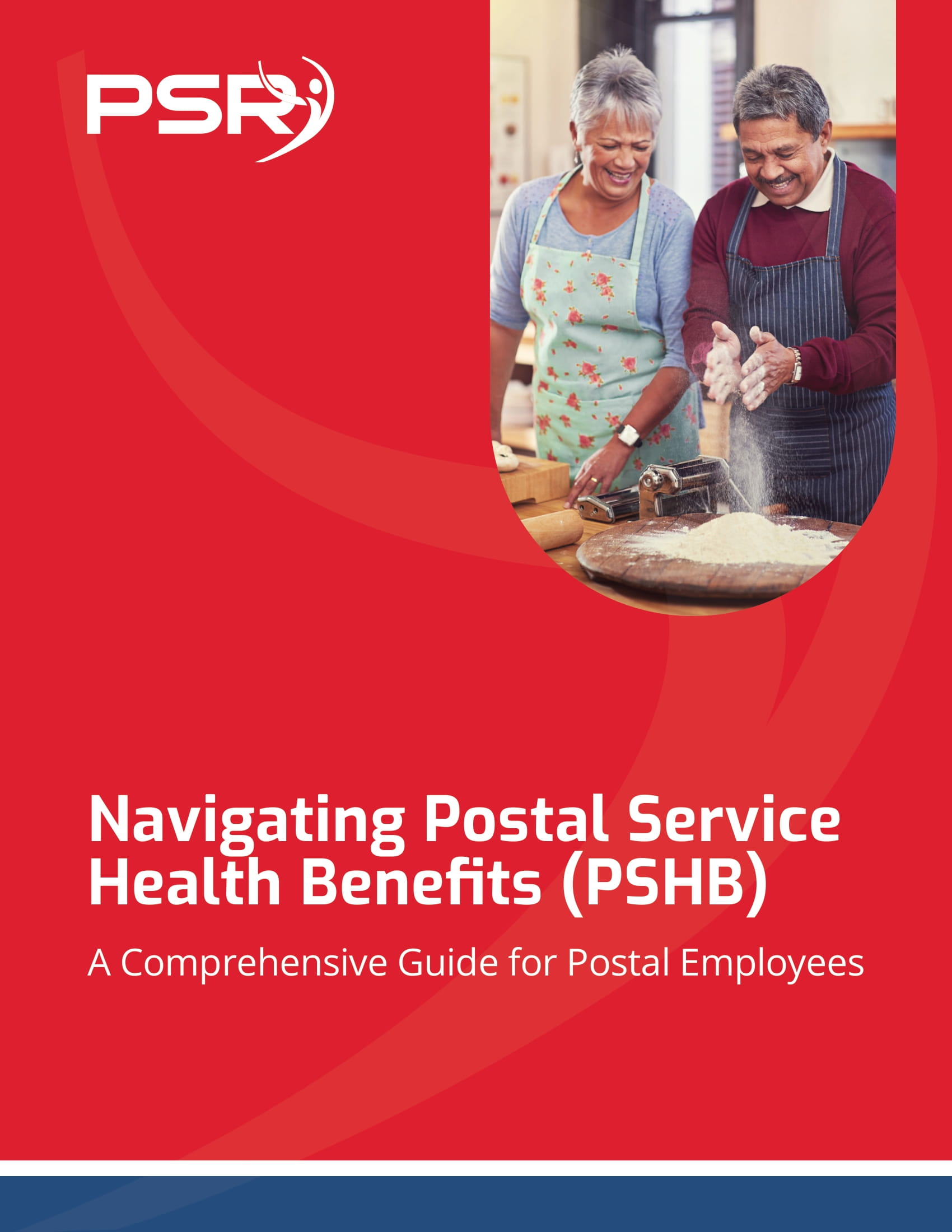Key Takeaways
-
Retiring early as a federal employee can seem appealing, but financial readiness is critical before making the leap.
-
Evaluating pension reductions, healthcare costs, and long-term savings ensures you won’t regret your decision later.
Thinking About Early Retirement? These Red Flags Suggest You Should Reconsider
- Also Read: Divorce and Your Federal Pension—What Happens When You Split Assets and How It Could Affect Your TSP
- Also Read: What Happens to Your Federal Benefits After Divorce? Here’s the Lowdown
- Also Read: The Best FEHB Plans for 2025: Which One Fits Your Lifestyle and Budget the Best?
1. Your FERS Pension Won’t Be Enough to Sustain Your Lifestyle
The Federal Employees Retirement System (FERS) provides a pension, but retiring early can significantly reduce your monthly payments. Under the Minimum Retirement Age (MRA) +10 provision, you can retire as early as 57 (if born in 1970 or later), but your pension will take a permanent hit.
-
Penalty for Early Retirement: If you retire before age 62 without meeting full eligibility criteria, your pension is reduced by 5% for each year under 62. That’s a 25% cut if you retire at 57!
-
High-3 Salary Calculation: Your pension is based on your highest three years of earnings. If you leave before reaching peak earnings, your monthly benefit will be lower than expected.
-
Survivor Benefits Impact: If you plan to leave benefits for a spouse, retiring early could reduce the amount they receive.
If your pension alone won’t cover your living expenses, consider delaying retirement until you qualify for full benefits.
2. You Haven’t Factored in Rising Healthcare Costs
Health insurance is one of the most expensive costs for retirees, and leaving federal service early can complicate your options.
-
FEHB Eligibility: You must retire with at least five years of FEHB (Federal Employees Health Benefits) coverage to continue it in retirement. If you leave early, you risk losing this valuable benefit.
-
Medicare Costs and Timing: If you retire before age 65, you’ll need alternative coverage until Medicare kicks in. Private health plans can be expensive, often exceeding what you paid under FEHB.
-
Long-Term Care Considerations: As you age, healthcare expenses—including potential long-term care needs—can increase significantly. Retiring early without sufficient savings could put you at risk of high out-of-pocket medical costs.
Delaying retirement ensures you keep your FEHB benefits while securing a stable income to manage future healthcare needs.
3. Your TSP and Social Security Benefits May Not Be Enough
The Thrift Savings Plan (TSP) and Social Security play a major role in retirement income, but tapping into these sources too early can lead to financial instability.
-
TSP Early Withdrawal Penalties: If you withdraw from your TSP before age 59½, you may face a 10% penalty in addition to regular income taxes.
-
Limited TSP Growth: The longer you contribute to your TSP, the more compound interest works in your favor. Leaving federal service early means missing out on potential investment growth.
-
Social Security Reductions: While you can claim Social Security at 62, doing so permanently reduces your monthly benefit. Waiting until full retirement age (66-67, depending on birth year) or later can significantly increase your payouts.
Early retirement means stretching your savings over a longer period, making it essential to ensure you have enough financial security before making the leap.
4. You Haven’t Accounted for Inflation and Longevity
Many retirees underestimate how long they will need their savings to last. If you retire early, your money needs to support you for decades.
-
Rising Costs Over Time: Inflation erodes purchasing power, meaning the money you set aside today may not stretch as far in 20 or 30 years.
-
Longevity Risks: With advancements in healthcare, many retirees live well into their 80s or 90s. If you retire at 57, your retirement savings may need to last 30-40 years.
-
Unexpected Expenses: Home repairs, market downturns, and medical emergencies can all take a toll on your finances. Retiring before you have a solid financial cushion could leave you vulnerable.
A financial safety net—such as additional savings, a robust TSP balance, or even part-time work—can help protect you from running out of money too soon.
Making the Right Decision for Your Future
Early retirement might be tempting, but it’s not always the best choice. Before making a decision, ask yourself:
-
Will my pension and TSP provide enough to maintain my lifestyle?
-
Can I afford healthcare costs until I qualify for Medicare?
-
Have I considered inflation and long-term financial stability?
If any of these concerns apply to you, delaying retirement—or at least developing a stronger financial plan—may be the better option.
Need help navigating your retirement options? Get in touch with a licensed agent listed on this website to explore strategies tailored to your needs.











